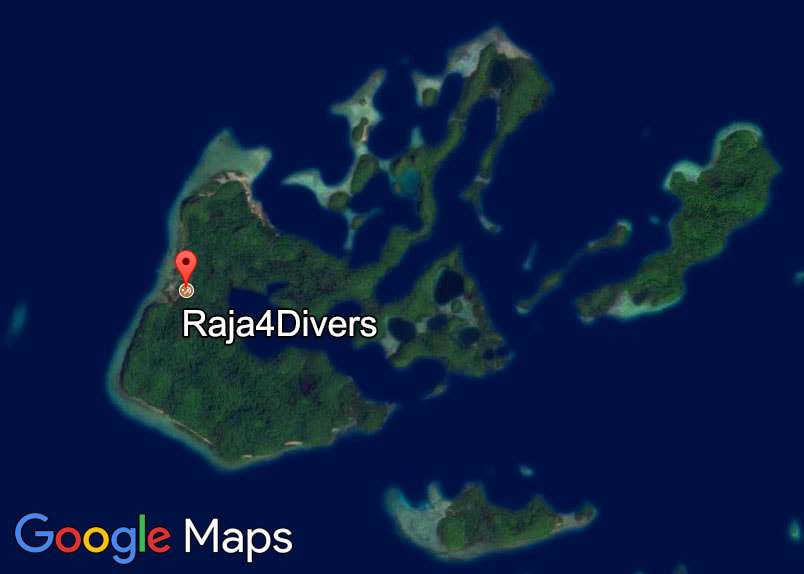|
I have two grown-up kids (my daughter is 21, my son is 20) of whom I’m very proud. They were born only 13 months apart, which means the first years were quite exhausting for us parents. I think I was a rather strict mother, educating my children according to principles that I believed in at the time, especially when it came to food: no sweets before mealtimes, we would all eat together at the same table, no running around and no TV during meals and the kids had to taste at least one bite of everything that was served to find out whether they liked it or not. I tried not to spoil them with material things (and yet they ended up with heaps of toys and furry animals…) but never held back with cuddles and kisses. When they hurt themselves or were sad about something, I tried to comfort them with a hug, maybe a little song and a band aid if there was a wound. I tried not to give sweets or other gifts to avoid creating a reflex that would stick. Before we closed the resort, our dive manager’s wife and their two small children were invited to join us on Pulau Pef and remain here during the lockdown. It’s great to have the two little ones here, not only for them but also for all of us, because they are full of life and remind us to look towards the future and see the positive side of things, instead of sulking about all the negative aspects of the current crisis. And Aisyah and her little brother Samudra utterly enjoy having so many «aunties» and «uncles» around who love to cuddle and play with them!
Indonesians are very fond of children - men and women alike. Back home, men tend to only play with older children unless it’s their own baby. Samudra only just turned 1, but our male employees cuddle and play with him just as often as the female ones. Whenever he waddles around, still a little unstable as he just learned how to walk about three weeks ago, our staff literally competes to pick him up and cover him with kisses. When the kids first got here, I felt like telling our employees to give the poor little fellow a break, but Samudra didn’t seem to mind. He seems used to it because this is just the way he grew up. I’m pretty sure, in Switzerland almost every parent would try to prevent people from grabbing their one-year-old out of their arms without even asking! But here, the parents don't seem to mind. Almost every day, I see Aisyah run around with some kind of lollipop, chocolate bar or other sweet just before mealtimes. In the beginning, I secretly rolled my eyes every time I saw that and was on the verge of telling the «aunties» or her parents not to feed her sweets so often. But I didn’t, because it’s not up to me to educate these kids. During mealtimes, neither of the kids ever sit at the table. They constantly run around playing and having fun while their parents follow behind, trying to feed them. I was told this is completely normal here, no little child is asked to sit quietly at the table and eat with the grown-ups. Was I wrong to ask my kids to do that? They would have loved to run around and only come back to the table occasionally to grab some food. Maybe, they would have developed a much more passionate approach to food if they were allowed to eat where and how they liked – I don’t know. I just think that it must be rather stressful for the parents to keep running after their kids with the food. The parents never seem to be able to eat at the same time, let alone have a conversation at the table. But then again, Indonesians don’t seem to attach such a big importance to mealtimes as a social gathering as we do. Indonesian children probably grow up in a much more relaxed way than Swiss kids do. Is it better for their development? Or is the Swiss way preparing children better to adapt to adult life with its conventions and regulations later on? I have no idea. The only thing I know is that I would choose more or less the same principles again with my kids if I had to start all over. I may have made many mistakes – sorry Annina and Jascha! – but I believed I was doing the right thing. And even though my kids always told me that I was the «only mom who doesn’t allow this», I hope I did ok. It was my style and therefore it was the correct style for my kids and me. And the Indonesian style is the correct one for them. This is how it should be – perfect just for them and nobody else.
2 Comments
Religion being of big importance in Indonesia and influencing everyday life much more than back home, I decided to come back to the month of Ramadan and write about its highlight – Idul Fitri (or Lebaran, as it is also called in Indonesia). This celebration marks the end of the fasting month Ramadan and is the time when Muslims normally visit their family and friends to ask for forgiveness for any wrongs they have committed in the previous year: «Mohon Maaf - Please Forgive Me». For obvious reasons, this year is going to be different. Many of our Papuan employees, who are mainly Christians, went home to stay with their families before the lockdown started. This is why there are currently more Muslim employees still on the island. They have known for a few weeks already that they will not be able to go home to their families. You may think this is not such a big deal, the whole world is unable to travel and see their friends and families at the moment. But going home for Idul Fitri is a very deeply rooted tradition and the fact that they are not allowed to see their loved ones on this important day is very hard for our Muslim employees. They don’t show it and accept the decision the Indonesian government took in April when it banned travelling anywhere in the country until the end of May. But I know, many of them are very sad. The exact date of Idul Fitri is unknown until announced one or two days in advance by the highest Imam of the country. It depends on the rising of the new moon and is very carefully observed by religious leaders all over the Muslim world. I’m not sure I fully understand why the date could not be fixed in advance as the moon phases are pretty well known for years to come, but it all seems to depend on when the new moon is actually sighted by the religious authorities. Like so many times before, I’m amazed that this is so easily accepted by everyone. I would imagine that organizing big festivities for one of the two most important holidays of the year does require some time and certainty. Back home, we would want to know the date well in advance in order to allow enough time for all the preparations and also to know, which day we’ll be off from work. Over here, people seem to be more relaxed and flexible. They knew it was going to be the 24th or the 25th of May, and it will most probably be this Sunday. But we will only know for sure tonight. Nevertheless, our entire staff - whatever the religion - has been preparing and organizing the big day for some time now. Especially the food that will be served, which will not be as elaborate and abundant as back home, but still as special as our current situation allows. If I understood correctly, we will be eating a little here and there almost all day, and I’m already debating whether I should try to get some work out done before it all starts or between meals to make room for more food… In the morning of Idul Fitri, we will all gather, and our Muslim colleagues will ask everyone for forgiveness as the tradition requires. At home, they would normally start by visiting the eldest family members, like grandparents and elderly members of their friend’s families. But since these people are not here, they asked Maya if they were allowed to ask «Oma» for forgiveness instead, Maya’s 86-year-old mother who is staying with us on the island and who is simply called «Oma» by everyone. I understood that it is very important to respect this tradition with an elderly and respected person.
As I didn’t grow up with religious traditions, I look forward to witnessing Idul Fitri here. Even though the Islamic religion and its rituals are still very foreign to me, I respect the meaning they have to my colleagues and am happy to be part of some of them. This is what I was hoping for when I decided to take on a job in a country as far away as Indonesia – to get to know different cultures and learn about different traditions. The Islamic tradition is just one of the many cultures we have here on the island. I’m sure I will find out a lot more about the other ones the longer I stay and work here. How inspiring, I can’t wait! One of the beautiful things of living on Pulau Pef is the fact that we are so close to nature. There is only the resort and the jungle with all its animals on this island. And with the traditional Papuan style bungalows, you hear and feel nature, because it’s all around you. When I first got here, this took some getting used to as I didn’t have to deal with frogs in my bathroom before and wasn’t accustomed to seeing lizards cross the path in front of my eyes. But now I’m used to being surrounded by wildlife and even miss it when I’m not on the island. I knew that Mother Nature can be merciless, especially since I witnessed the newborn turtles a few years ago in Australia fighting their way across the beach to reach the sea, only to be eaten right away by the sharks and the seagulls awaiting them. It seems cruel, but it’s the circle of life, and as much as I wanted to protect the cute little babies, I knew they were food for other animals. And that this was the way it was meant to be. Lately, we’ve been lucky to have various baby animals here on Pulau Pef.
First, it was the turn of our «pets», the Sugar Gliders. They are cute nocturnal marsupials that we rescued in Sorong from a life of containment in a small cage. Now, they live in a big enclosure here on the island and it’s my job to feed them every night. Since I came here, they’ve had babies 3 times already, the last time approx. 2 months ago. First, I found two little ones in the tree log they usually all sleep in. A couple of weeks later, suddenly there were another 2 babies in there. And then, about 10 days ago, they were gone. I don’t know what happened to them, but I imagine the adults ate them, maybe to make sure the population doesn’t grow too fast as they are 8 grown ups already in the cage. Then, there were the turtles. Shortly before the resort closed, one of our dive guides found some turtle eggs on an uninhabited island that were being eaten by Monitor Lizards. He decided to bring them to Pef and bury them in the sand. As we have many young Blacktip Reef Sharks in the lagoon in front of the resort, we didn’t release the turtles after they hatched, but decided to keep them in a basin and take care of them until they are big enough to be released in the water without immediately being eaten by the sharks. Most of them are still doing fine, but some have died, especially the smaller ones that seemed weaker. I know you may say we shouldn’t interfere with nature, but instead of leaving all the eggs to the Monitor Lizards, we are simply trying to help some of the turtles survive. They will still face a lot of dangers once they get in the water. Last Sunday, I witnessed what seemed an especially cruel act of nature. Four weeks ago, our two Raja Ampat Ducks had 11 ducklings again. This time, they lasted for a lot longer than last time, when all of the ducklings were gone after just 3 days. Last Saturday, they were still 6 of them, but we found one limping and unable to walk properly which is why its family left it behind. As it otherwise seemed rather fit, we put it in a cardboard box to protect it from the Monitor Lizards and fed it. On Saturday, it really seemed to do quite ok, but on Sunday morning it couldn’t get up on its feet anymore. I thought it was going to die very quickly because it didn’t want to eat nor drink anymore, so I took it to my room to give it some comfort during its last moments. I know you’ll say it’s a wild animal, don’t treat it like a pet! But it just seemed so lost and lonely, I couldn’t resist… It took much longer for the little duckling to die than I expected and I was constantly torn between throwing it in the water to the sharks to hopefully allow it a quick death and waiting for its natural death to come, because I wasn’t sure if being eaten by a shark was really a very quick death. So, I chose to wait and only threw it in the water after it stopped breathing a few hours later. I know that nature has provided for a perfect circle of life which only gets messed up once human beings start interfering. But to try and reduce suffering a little bit can’t be that wrong, can it? I don’t know if the little duckling felt comfortable with me last Sunday, but I like to think it did. It would give ME comfort to know that it wasn’t feeling so lonely – even if this is very human thinking. But I guess I would probably do it again if I had the chance. It’s been six weeks since the last guests left the resort and we had to shut down because of Indonesia closing its borders to foreign travellers and tourist activities being prohibited. Physically, we are all doing fine, and the virus fortunately hasn’t reached the island yet. At the beginning of the crisis, some of my friends asked if I considered returning to Switzerland, but that was never really an option for me. I naturally thought my place was here with the team. And since my job is mainly making sure potential guests don’t forget us and keep dreaming about a holiday with us, I am still fairly busy, trying to communicate the beauty of Raja Ampat to the world. Despite the financial uncertainty threatening our resort, many of us enjoy the quiet times and the fact that we have more free time than during normal resort operation. But it’s not always easy to motivate yourself if there are no deadlines. Especially, if the main purpose of a resort cannot be fulfilled: to provide a relaxing, pleasant and unforgettable holiday experience to our guests! With renovations, cleaning and finally doing the things we’ve always wanted to do but never had the time, there is plenty of work for all the remaining employees on the island to fill their days. And we still have a clear schedule with a little shorter, yet strict work hours. Just like people around the world working at home, we also had to keep up the structure and the daily routine. And yet, the prospect of another few months without guests on the island, is not particularly motivating. I sense a certain laxity among everyone, including myself. Not that we don’t want to do a good job, but we are slower, extending the breaks by a few minutes here and there, finishing a few minutes earlier in the evening, etc. We feel it doesn’t matter, because there are no guests waiting. It’s not about the missing minutes of work or the physical presence. But the energy is missing too, and that bothers me. Anybody who’s met me knows that I am usually a very energetic person. I need a certain speed – even though now adapted to the island rhythm – and deadlines to be productive. How do we motivate ourselves? Some of us do more sports - jogging, working out, Zumba sessions, etc. Others go snorkelling on the house reef or take a kayak to explore the mangrove lagoons around the island. And we keep up certain routines that we also have with the guests, such as our ‘Happy Sunset’ once a week: we meet at 7pm at the bar to have a drink while watching the sunset and listening to the Pef band play their island tunes. Afterwards, we all have dinner outside from a little buffet prepared by our kitchen team. We enjoy feeling like guests for one evening, sitting at the bar and sipping a cocktail mixed by the boss personally.
It helps to have events like this one and to continue spending time together with the entire (remaining) team here. On normal evenings, it now takes roughly 15 minutes for everybody to eat their dinner and disappear to their rooms immediately after, where they often stay and make phone calls or watch videos. That’s why we also organize a movie night once a week for everybody and various games on Saturday afternoons which are organized by a different department every week.
I’m sure these little events will help us keep up our motivation and strengthen the team spirit. But there’s one thing we can only do ourselves - we have to believe that Raja4Divers will survive as a resort and that someday soon we will be standing at our jetty again with a coconut drink in our hands, welcoming our guests to Pulau Pef. I used to have mixed feelings towards the Muslim Ramadan, mainly the fasting that is an important part of it. It seemed rather strange to me not to eat and drink during the day but indulge in big meals before sunrise and after sunset. And having worked as a nutritionist, I thought it wrong not to drink anything, not even water, during an entire day – especially in hot countries. A week ago, this year’s Ramadan started, and the Muslim part of our staff is following it to the letter. And I must say, I changed my mind and am pretty impressed how they do it. How they get up at 4am to have breakfast and pray. How they work normal hours all day without food and drink, but also without tobacco, when some of them normally never take a step without a cigarette in their hand. And how they never seem irritated or impatient, nonetheless. They never mention being thirsty or hungry, only a little tired once in a while.
I sometimes feel guilty to eat or drink in front of them, and I especially feel sorry for the kitchen team, since they are around food and drinks all day long without being allowed to taste it. Not even check the seasoning of the dishes they cook which is why one of their non-Muslim colleagues who likes cooking is doing the «quality control», as she calls it. But I think they don’t mind as much as I do. Because they grew up in this tradition, and it’s just normal to them. Everybody fasts during Ramadan, except for pregnant or breastfeeding women, young children, elderly or ill people or travelers on long journeys. I was told they already start as children around the age of primary school. But children begin by fasting only half days, which seems hard enough at this age. My work colleague told me that she and her siblings would come home from school very thirsty at lunchtime and were hardly able to wait for the first sip of water or juice they were allowed. But since they were all in the same situation, they learned to deal with it. It naturally became part of their life to control their impulses and to do without certain things for a limited time of the year. In the western civilization, we are generally not very good at refraining from doing or consuming whatever we please. Even though for Christians, fasting is also a tradition during the 40 days running up to Easter, it is not as strict as for Muslims. The ones that do fast usually renounce to meat, sweets, alcohol and tobacco, but still eat and drink moderately during the day. While this no doubt is already a big effort for some, it seems hardly imaginable for us no to eat or drink during daytime for an entire month. It might have to do with the fact that meals for us have a much more social component than here. At home, we meet for a meal and sit and chat for hours. The meal is the actual event. In Indonesia however, I noticed that a meal normally is a rather quick affair, much more practical and aimed at satiating your thirst and hunger, than a social thing. So, missing out on meals during the day, while still representing a big physical effort, may not be so much of a social loss as it would be for our society. In most western countries, religion also doesn’t determine our daily lives as much as in Islamic countries. Many religious activities are just part of the daily routine here and are never questioned, while in laical and individualistic societies, people are not willing to easily accept everything the state or the church stipulate. We like to decide ourselves what we think is acceptable for us or not. I don’t know which is better and I still don't really agree with the not drinking part, but they are just two different ways of growing up. And even though I am not a religious person, I decided to do «my share of Ramadan» by not drinking alcohol for a month. Maybe next year I’ll manage to skip chocolate as well, but that is going to be really hard! |
#TalkingWithMangrovesI never even dreamt of working on a remote island in Indonesia, but life has a way of taking care of itself… Archives
May 2021
|
LocationPulau Pef - Raja Ampat - Indonesia
|
Follow Us
Our Office in SorongJl. Gagak No.7 B, Km 7 Gunung, RT.001 RW.002
Kelurahan Malengkedi, Remu Utara PO Box No.130 Sorong 98416 – Papua Barat - Indonesia Phone +62 (0)811 485 7711 |
Rates and information are subject to change without notice. Terms and Conditions apply. All rights reserved.
Imagery is copyrighted and may not be used without express permission and written consent.
Images and videos of the following photographers / videographers were used for this website:
Barbara Moll, Claudia Peyer, Pere Rubio, Thomas Haider, Filip Staes, Christian Kaufmann, Dos Winkel, Duri Mayer, Jürgen Freund,
Daniel Brinckmann, Amanda Künzle, Joram Zimmermann, Ramon Sibold, Roman Keller, Barbara & Markus Aichinger, Fabienne Hadorn, Andreas Hadorn,
Armin Keller, Marcel Rudolph, Sabrina Inderbitzi, Peter Löseke
© 2024
Imagery is copyrighted and may not be used without express permission and written consent.
Images and videos of the following photographers / videographers were used for this website:
Barbara Moll, Claudia Peyer, Pere Rubio, Thomas Haider, Filip Staes, Christian Kaufmann, Dos Winkel, Duri Mayer, Jürgen Freund,
Daniel Brinckmann, Amanda Künzle, Joram Zimmermann, Ramon Sibold, Roman Keller, Barbara & Markus Aichinger, Fabienne Hadorn, Andreas Hadorn,
Armin Keller, Marcel Rudolph, Sabrina Inderbitzi, Peter Löseke
© 2024

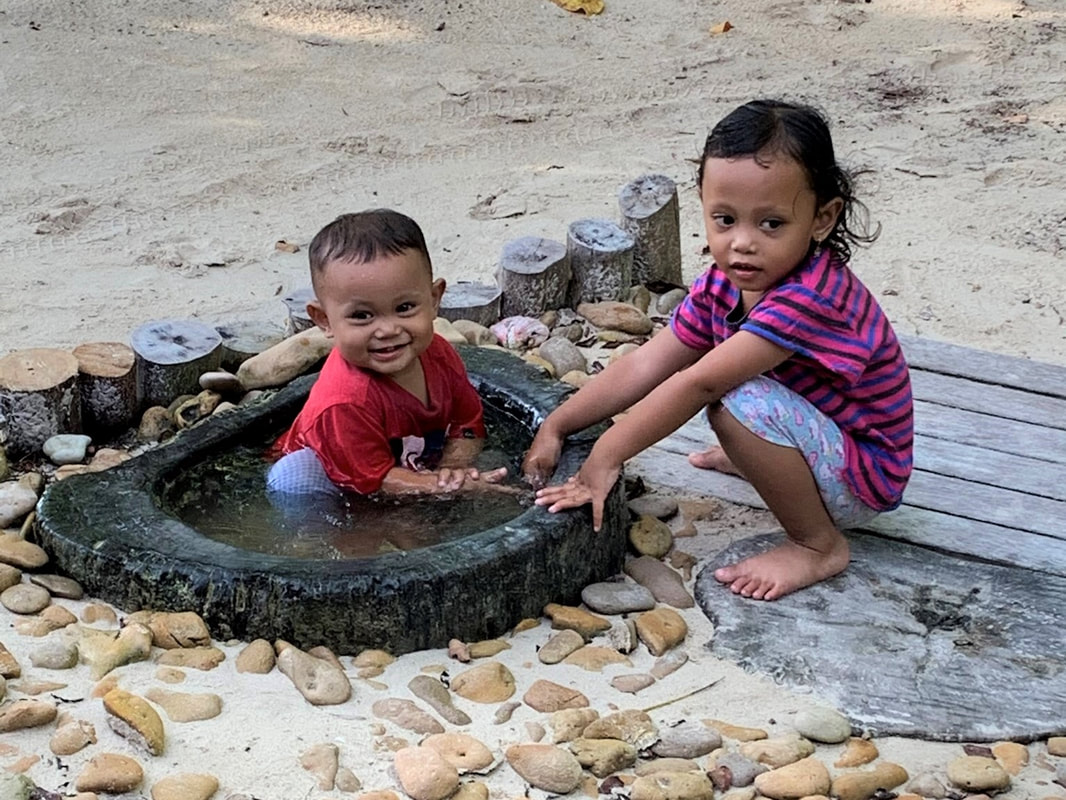
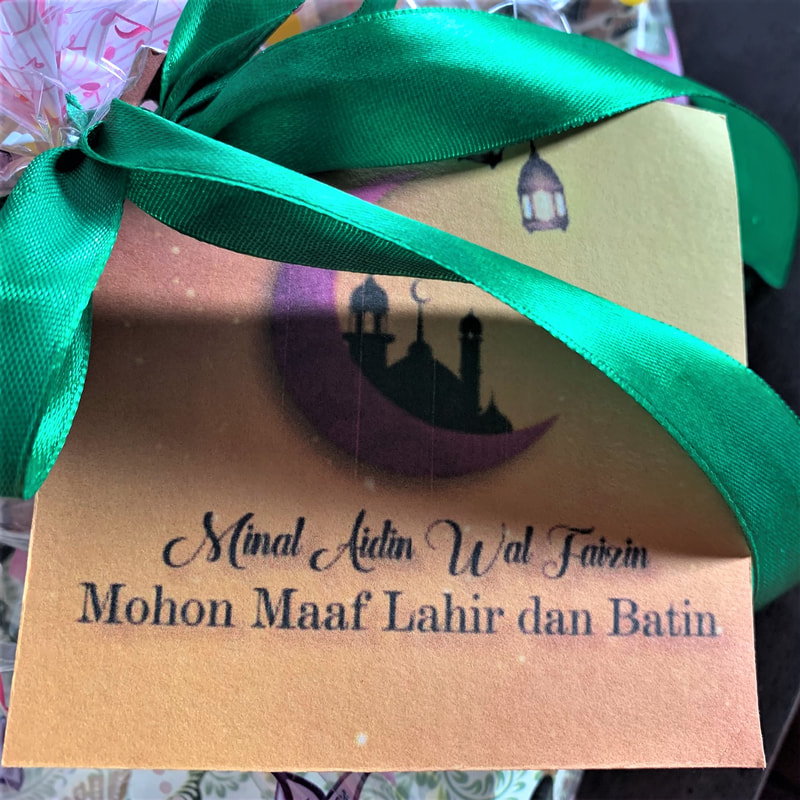
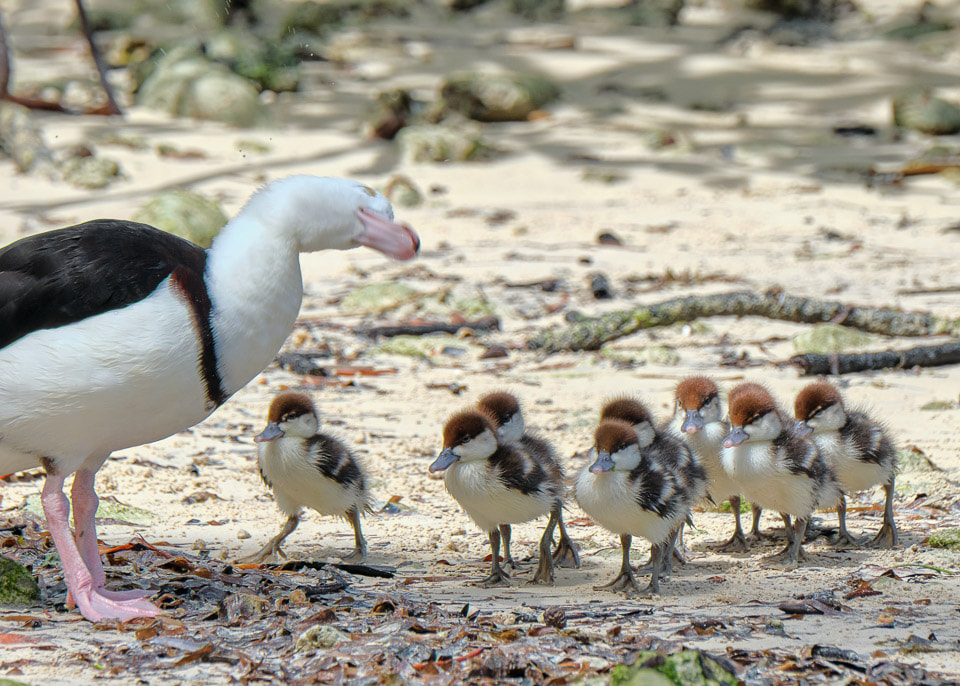
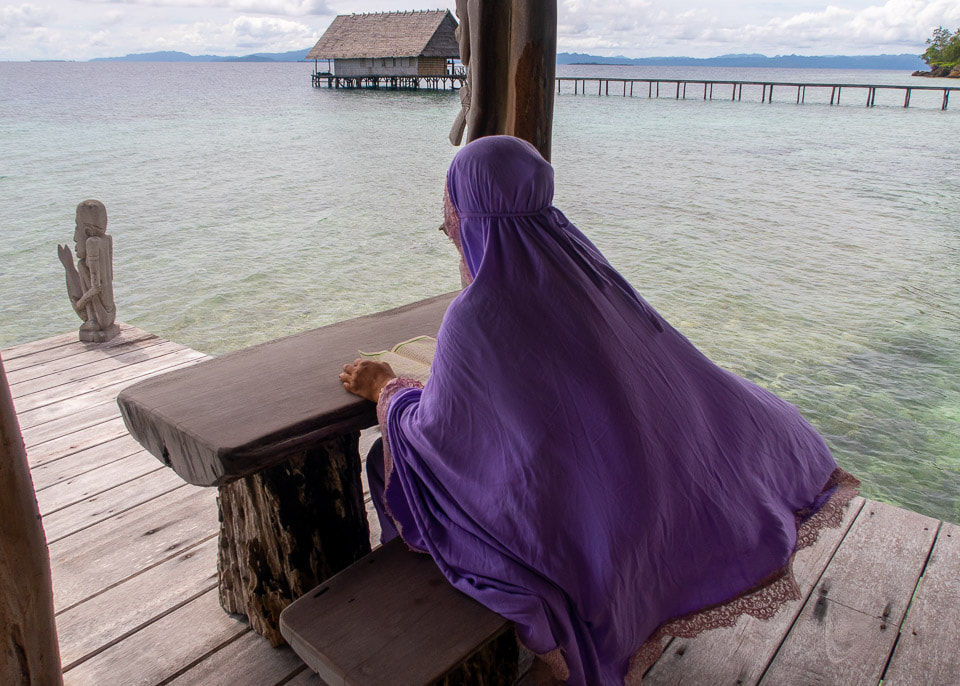
 RSS Feed
RSS Feed

